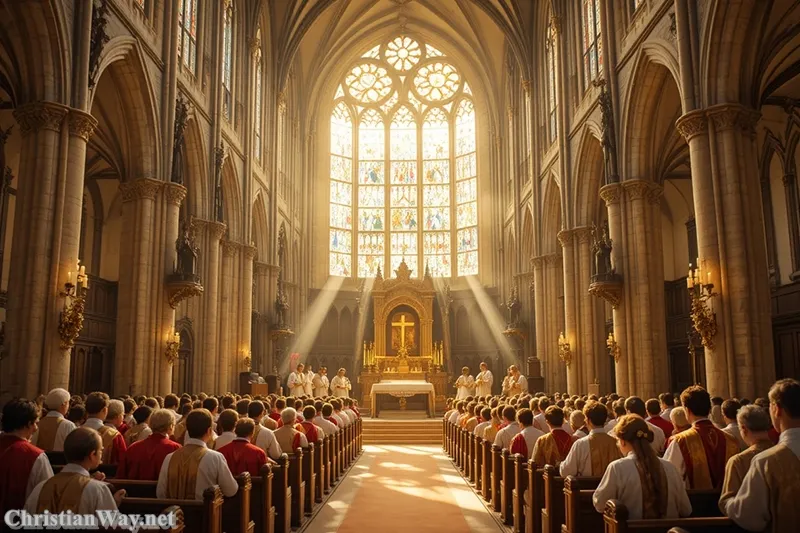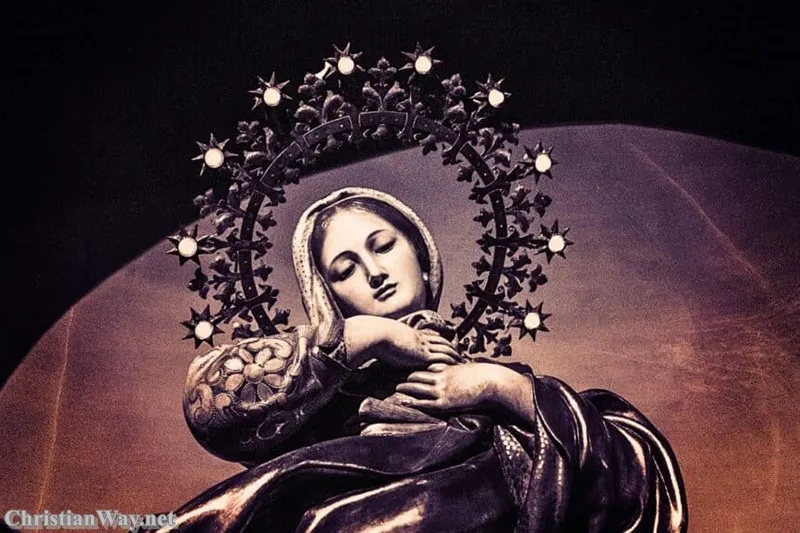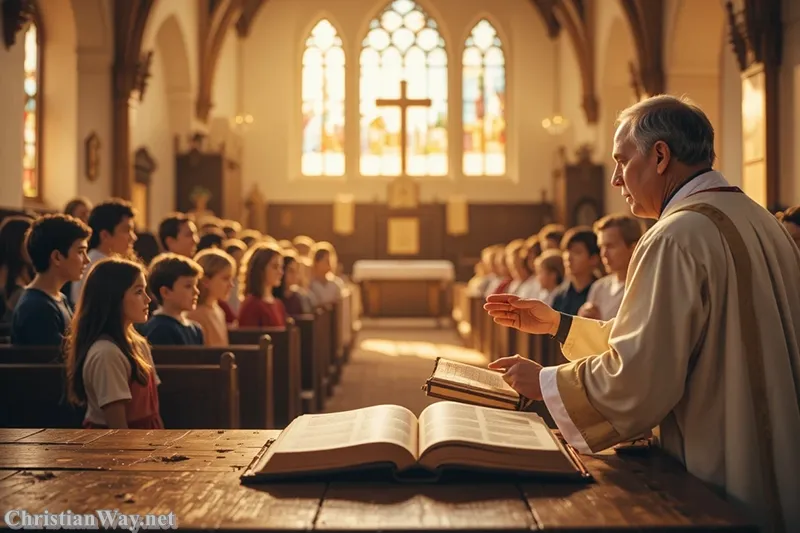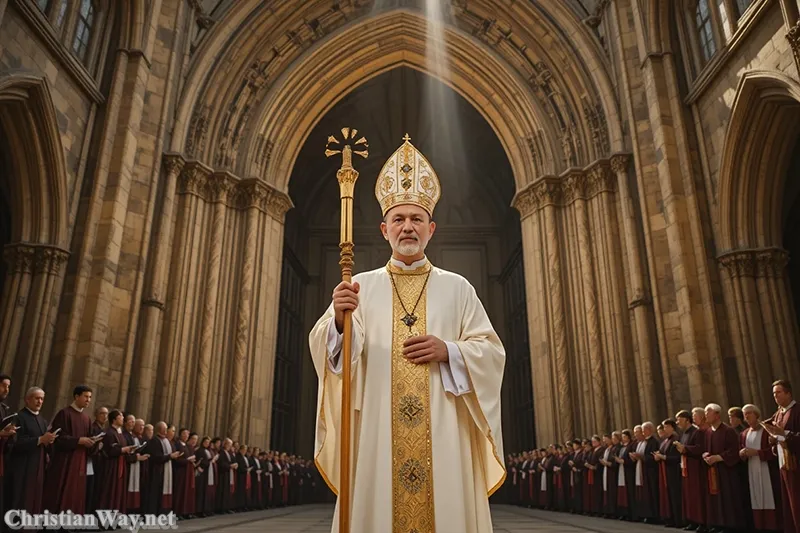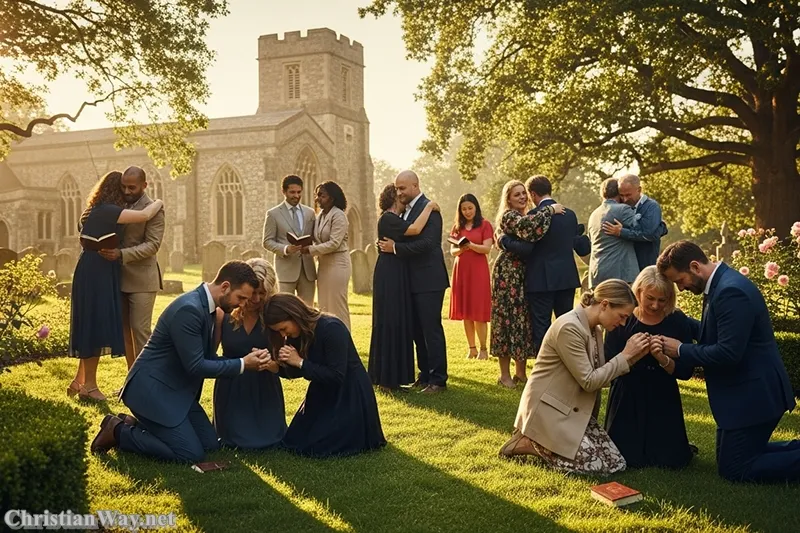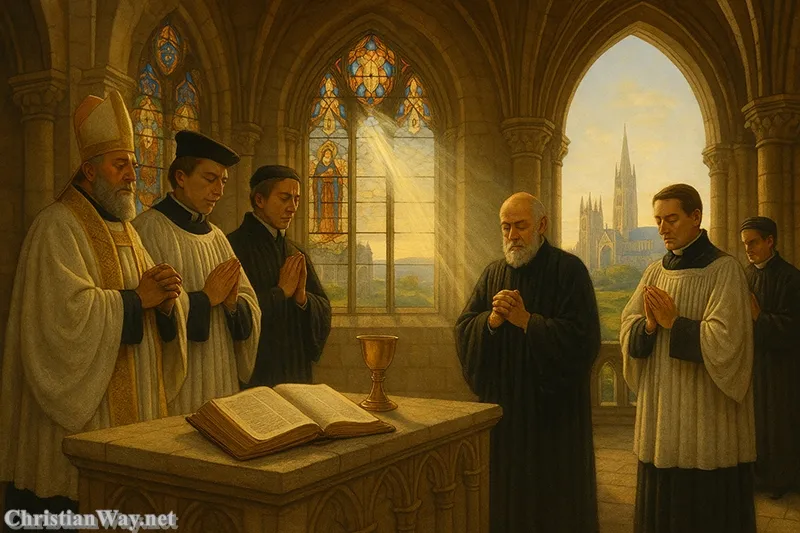Dear friends in Christ,
Among the many branches of the Christian family, few have carried such a profound blend of history, worship, and national identity as the Church of England. Born amid the turbulence of the sixteenth century, it has stood as a bridge between ancient Catholic roots and the Reformation’s call for renewal. For centuries, its voice has echoed through the cathedrals of England, through hymns sung in quiet parishes, and through its influence upon the Anglican Communion that now spans the world.
Yet beyond its political origins and historical milestones, the Church of England represents something deeply spiritual — a continuing effort to live the Gospel with reverence for tradition and a heart open to reform. It is, at its core, a community seeking to hold together Scripture, reason, and tradition in a faithful harmony that leads souls toward Christ.
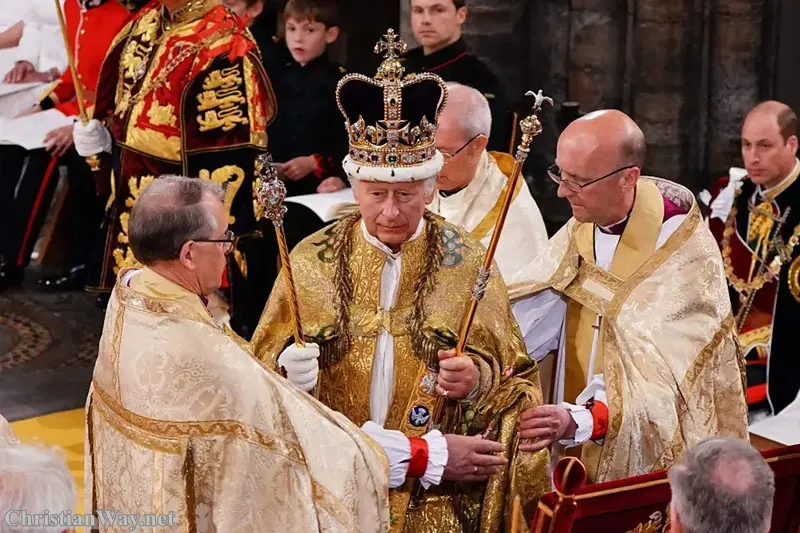
Let us then journey together into the story of the Church of England: its beginnings, its theology, its worship, and its calling in today’s world.
The Birth of the Church of England: A Story of Faith and Reform
The origins of the Church of England are intertwined with the English Reformation, a movement that unfolded in the sixteenth century under King Henry VIII. While political motives were certainly part of the story — particularly the king’s desire for independence from papal authority — the Reformation in England also reflected a genuine theological search for purity of faith and reform of church life.
Henry VIII’s Act of Supremacy in 1534 declared that the king, not the Pope, was the Supreme Head of the Church in England. Yet, even with this dramatic change, the Church of England did not sever all ties with its Catholic heritage. It retained the episcopal structure, the sacraments, and much of the liturgical tradition of the early Church. What emerged was a uniquely “via media” — a middle way between Roman Catholicism and continental Protestantism.
This middle way became the hallmark of Anglican identity. It sought balance: preserving ancient worship while embracing Scripture as the supreme authority for faith, and allowing space for human reason to guide moral and theological reflection.
The Elizabethan Settlement: Defining Anglican Identity
Following years of religious turmoil under Henry’s successors, the reign of Queen Elizabeth I (1558–1603) brought about the Elizabethan Settlement, which remains foundational to Anglicanism. Through the Act of Uniformity (1559) and the Thirty-Nine Articles of Religion (1563), Elizabeth established a framework that allowed the Church to be both Catholic in form and Reformed in doctrine.
The Book of Common Prayer, first compiled by Archbishop Thomas Cranmer, became central to worship. Its elegant English prose shaped not only the Church’s liturgy but also the English language itself. Its prayers — such as “Almighty God, unto whom all hearts be open” — continue to express the humility and faith of countless believers across generations.
Through the Elizabethan Settlement, the Church of England affirmed a theology rooted in Scripture, articulated through creeds, and lived out through sacramental worship and pastoral care. It allowed diversity of thought within unity of prayer — a vision that would later inspire the global Anglican Communion.
Scripture, Tradition, and Reason: The Threefold Cord of Anglican Faith
At the heart of the Church of England’s theology lies a distinctive approach to authority often described as the “threefold cord” — Scripture, Tradition, and Reason.
- Scripture is the ultimate authority in matters of faith. The Church of England teaches that the Bible contains all things necessary to salvation. Its clergy are trained to read Scripture both devotionally and critically, discerning God’s living Word within human words.
- Tradition connects the Church of today with the witness of the early Christians. The creeds, the writings of the Church Fathers, and the liturgical heritage remind Anglicans that the Holy Spirit has guided the Church through the centuries.
- Reason is seen as a gift from God, enabling believers to apply faith to the changing realities of life. In the Anglican mind, faith is not opposed to thought; rather, understanding is a form of worship.
This triad offers a deeply balanced way of living the Christian faith — faithful to the past, open to the present, and hopeful for the future.
The Book of Common Prayer: A Language of Worship and Grace
The Book of Common Prayer (BCP) is not merely a collection of services; it is the heartbeat of Anglican spirituality. First published in 1549, revised in 1552 and again in 1662, it has shaped English-speaking Christianity for over four centuries.
Its beauty lies in its simplicity and theological depth. It draws the faithful into the rhythm of prayer — daily morning and evening offices, the Eucharist, and pastoral rites such as baptism and marriage. Its prayers have comforted the dying, united families, and lifted countless hearts to God.
Consider the timeless words of the Communion service:
“We do not presume to come to this thy Table, O merciful Lord, trusting in our own righteousness, but in thy manifold and great mercies.”
These words capture the Anglican spirit — humble before God, confident in grace, and centered on Christ’s mercy.
The Church of England and the Anglican Communion
From its roots in England, Anglicanism spread across the world through exploration, migration, and mission. Today, the Anglican Communion unites over 85 million Christians in more than 165 countries, with the Archbishop of Canterbury serving as its spiritual leader — primus inter pares, “first among equals.”
While each province of the Communion is self-governing, they share the same heritage: the Bible, the creeds, the sacraments, and the historic episcopate. This unity-in-diversity allows the Church of England to stand both as mother and servant within a global family of faith.
In times of division, the Communion looks to the Church of England as a symbol of continuity — a reminder that unity does not demand uniformity, and that Christ Himself is the true head of the Church.
Worship and Sacramental Life
The Church of England celebrates two great sacraments instituted by Christ — Baptism and the Eucharist — and recognizes five additional rites as “sacramental” in nature.
Its worship emphasizes beauty and order, often accompanied by sacred music and reverent silence. Whether in a grand cathedral or a small village church, Anglican worship seeks to draw the believer into the mystery of God’s presence.
Through Scripture readings, psalms, prayers, and the Holy Communion, worshippers are reminded that God is not distant but near — revealed in Word and Sacrament, in community and in the quiet of the soul.
The Church of England’s Mission in Modern Times
In an age marked by secularism, doubt, and division, the Church of England continues to proclaim Christ’s Gospel through service, dialogue, and pastoral care.
Its parishes serve as centers of spiritual and social life — offering food to the hungry, comfort to the lonely, and prayer for the nation. Cathedrals welcome seekers and skeptics alike, inviting all to encounter beauty and truth.
Moreover, the Church’s voice in public life seeks to uphold the moral conscience of society, speaking for justice, peace, and the dignity of every human being made in the image of God.
The Archbishop of Canterbury and the General Synod continue to navigate questions of faith and modernity: human dignity, social inequality, the environment, and unity among Christians. In all these matters, the Church strives to embody Christ’s call to love God and neighbor.
Challenges and Hopes
Like all Christian communities, the Church of England faces challenges — declining attendance, cultural secularization, and internal debates on doctrine and morality. Yet, within these struggles lies an opportunity for renewal.
Every generation must rediscover the heart of its faith. For the Church of England, this means returning to the Gospel’s simplicity: to love the Lord with all one’s heart, and to serve His people with humility.
In the words of St. Augustine, “In essentials, unity; in non-essentials, liberty; in all things, charity.” This spirit continues to define Anglican life — a faith both ancient and ever new.
The Church of England and Ecumenical Unity
The Church of England plays a vital role in ecumenical dialogue — seeking deeper understanding with Roman Catholics, Orthodox Christians, and other Protestant traditions.
Through initiatives like “Churches Together in England”, Anglicans have joined hands with Christians of many backgrounds to pray, serve, and witness as one body in Christ.
This desire for unity reflects Christ’s prayer: “That they may all be one, as you, Father, are in me, and I in you” (John 17:21). The Church of England’s open and bridge-building nature has allowed it to serve as a meeting place between traditions — a living reminder that, in Christ, diversity can coexist within communion.
Reflect and Pray
The story of the Church of England is the story of a faith that seeks balance — between tradition and reform, contemplation and action, certainty and mystery. It stands as a gentle witness to the truth that the Church is not a monument to the past but a living body, called to follow Christ in every age.
May those who worship within her walls, and those who meet her through her ministries, find not human compromise but divine grace — the grace that holds together what the world tries to tear apart.
Let us pray:
Almighty and ever-living God,
You have guided Your Church through the centuries by the light of Your truth.
Bless the Church of England, and all who seek You within her fold.
Grant that her worship may lead many to Christ,
her service reveal Your love,
and her unity reflect Your eternal peace.
Through Jesus Christ our Lord. Amen.
— Fr. John Matthew, for Christian Way
